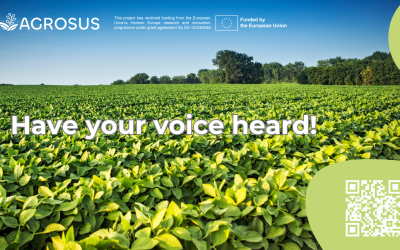Pannonian region
The Pannonian Region is a large alluvial basin surrounded by the Carpathian Mountains to the north and east, the Alps to the west and the Dinaric Alps to the south. The basin was once the bed of an inland sea. It is flat, and is crossed from north to south by the Danube and Tisza rivers. The region contains all of Hungary, and around the periphery contains parts of Slovakia, the Czech Republic, Romania, Serbia, Croatia and Ukraine.
The region is sheltered by the mountains, but has complex weather caused by the interaction of wet winds from the west, drier winds from the south and cooler winds from the Carpathians and Alps, which sometimes results in severe storms. The basin was once largely forested, with many marshes and shallow lakes, but has long been cleared and drained to make way for grasslands and cultivation. It contains inland sand dunes, sand steppes, loess grasslands and maple-oak loess forests

Hungary
Partner responsible: Soproni Egyetem (Uni-SOPRON)
Country Leader: Andrea Vityi
Contact: vityi.andrea@uni-sopron.hu
Experimental unit
The horticultural (H) and the perennial (P) experimental fields are located in the North-Western part of the country, near to Fertőd (P), (N 47°63’, E 16°88’) and to Sárvár (H,) (N 47°27’, E 16°97’). The arable experimental site (A) is located in the Eastern part of Hungary (N 47°19’, E 20°44’).
Pedoclimatic conditions
Type of soil: Phaeozem (P); Luvisol (H and A)
Mean annual T: 9,5-10 °C (P); 9,5-9,8 °C (H), 9, 9 – 10 C° (A)
Mean annual P: 590-640 mm (P); 650 mm (H); 510-540 mm (A)
Key figures
Farming systems: 2 Conventional and 1 organic
Crops: Aromatic plants (Vinca, Rumex, Plantago) (H), Berries (P) and Durum Wheat (A)
Crop Link groups: 3
Co-creating workshop: 1
Co-validation workshops: 2
News related
Exciting insights from Budapest’s Co-creation workshop
Held with the 9th MAPER Conference, focusing on agroecological methods and agroforestry. Collaborating within Hungary’s AGROSUS community for sustainable solutions to Pannonian farming challenges.
AGROSUS launch a survey for farmers across the 11 biogeographical regions to select the best agroecological strategies
AGROSUS (AGRoecological strategies for SUStainable weed management in key European crops) is a four-year transdisciplinary research project. The project aims to identify appropriate tools and agroecological strategies to prevent and manage weeds in relevant crops, in...



